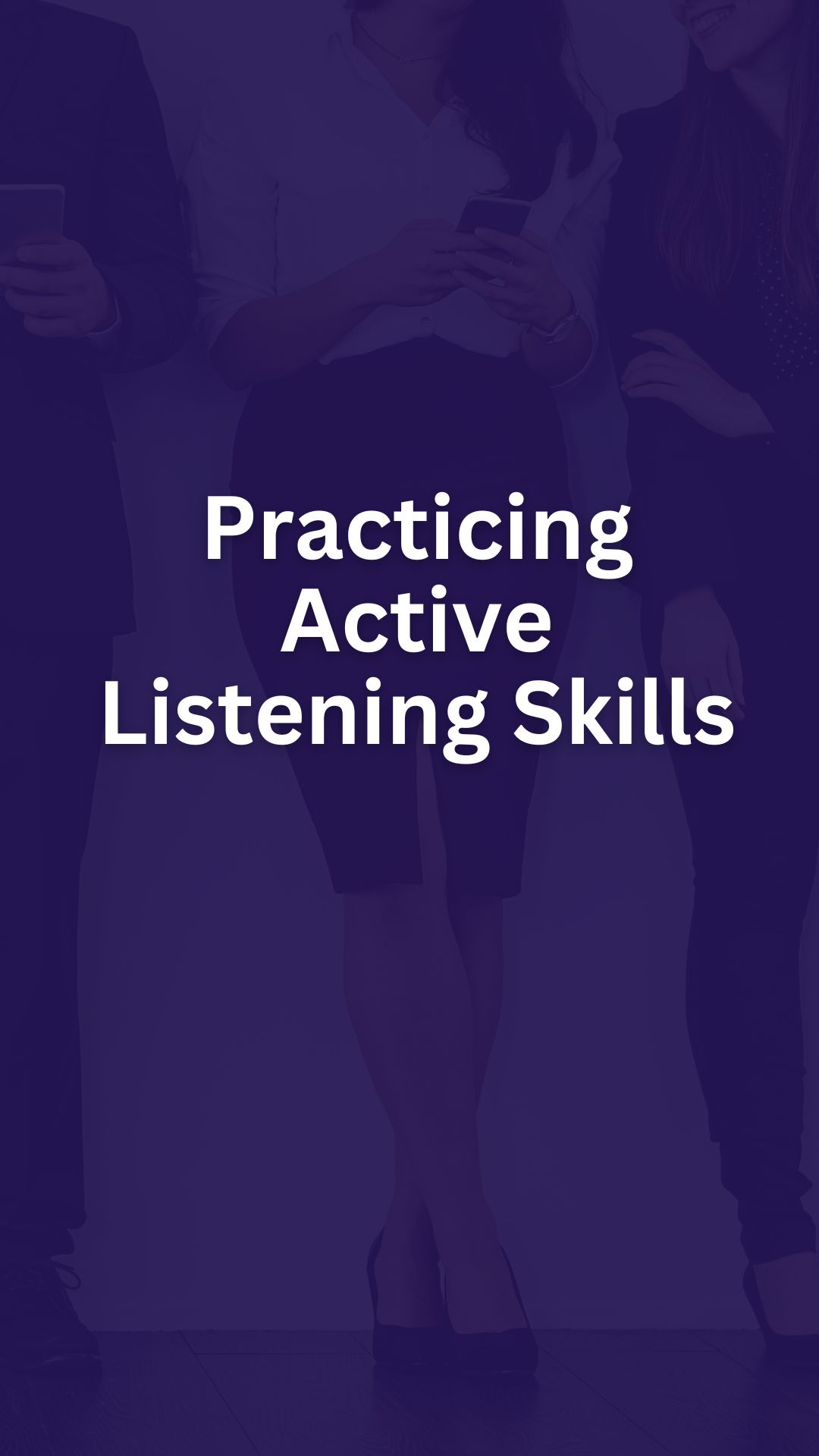When preparing for a phone interview, it’s important to stay calm and focused.
Research the company and the role thoroughly so you can answer questions confidently.
Familiarize yourself with common interview questions and practice your responses.
Find a quiet place for your interview to avoid distractions. Make sure your phone is charged and you have a strong signal.
Have your resume and a list of questions ready to ask the interviewer.
Being prepared will help you feel more relaxed and ready to impress.
Remember to speak clearly and listen carefully.
Show enthusiasm for the position by asking thoughtful questions and sharing relevant experiences.
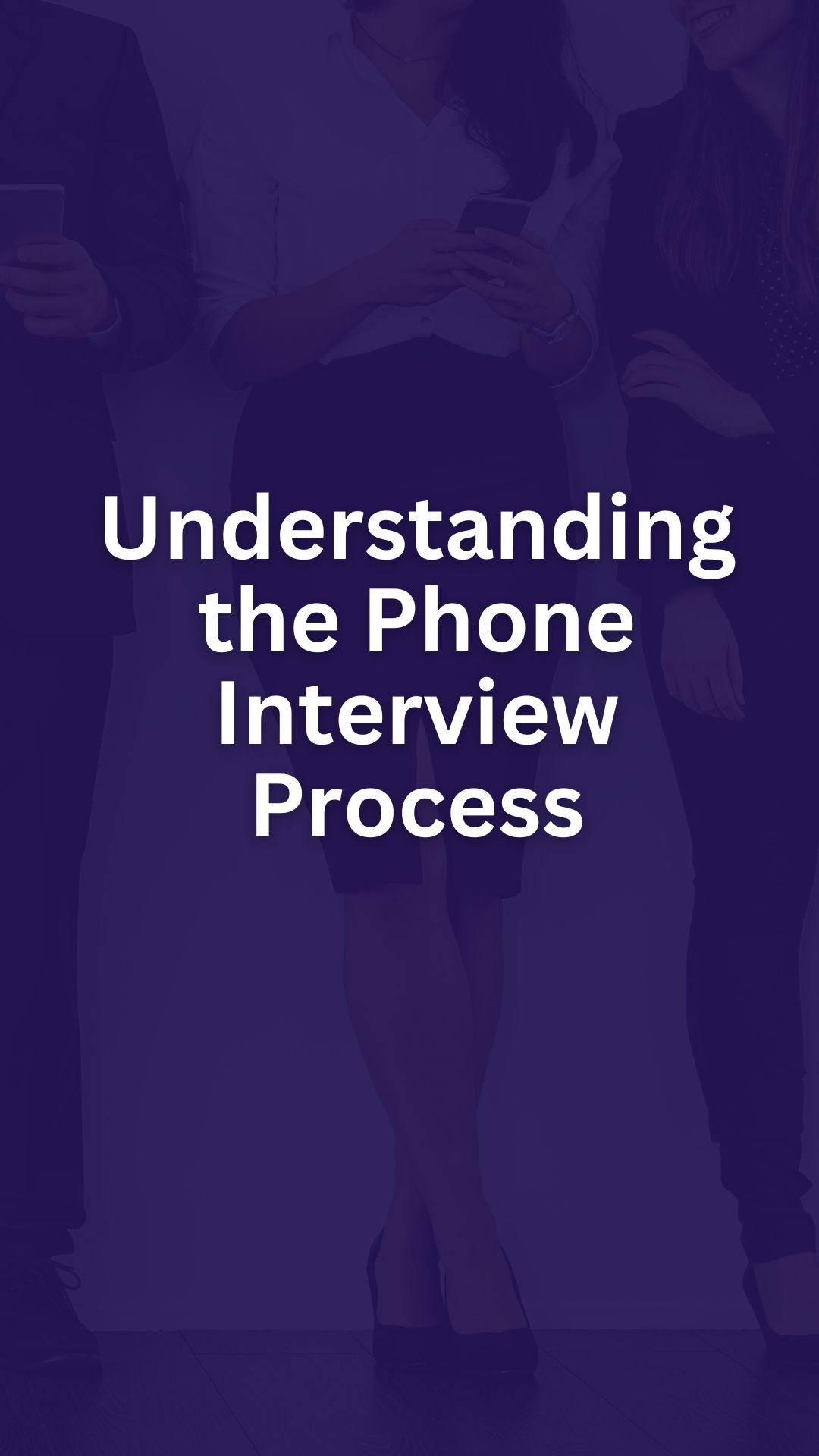
Understanding the Phone Interview Process
The phone interview is often the first step in the hiring process. It’s a chance for employers to get to know you better before a potential in-person meeting.
Key Steps in a Phone Interview:
- Scheduling: You’ll usually get an email or call to set up the interview. Respond promptly to show your interest.
- Preparation: Research the company and the job you’re applying for. Make a list of your skills and experiences that match the job requirements.
- During the Call:
- Greetings: Start with a polite greeting.
- Questions: Expect questions about your experience, skills, and why you want the job.
Important Tips:
- Quiet Environment: Find a quiet spot where you won’t be interrupted.
- Notes: Keep your resume and notes handy. They can help you answer questions confidently.
- Body Language: Even though they can’t see you, standing up and smiling can affect your tone of voice positively.
Common Questions:
- “Can you tell me about yourself?”
- “Why are you interested in this position?”
- “What are your strengths and weaknesses?”
Things to Have Ready:
| Item | Why It’s Important |
|---|---|
| Resume | Quick reference for your job history and accomplishments |
| List of Questions | Shows your interest in the role and helps you gather information |
| Company Research | Demonstrates your enthusiasm and preparedness |
| Pen and Paper | For taking notes during the conversation |
Researching the Company
Understanding the company you are about to interview with can give you a significant edge.
Knowing their mission, keeping up with their latest news, and recognizing their position in the industry will make you more confident and better prepared.
Mission and Values
Learn about the company’s mission and core values. This will help you understand what the company stands for and what they aim to achieve.
Visit their website and look for a section often titled “About Us” or “Our Values”.
Companies often share their goals and what they believe in on these pages.
Knowing this can help you align your answers with their values during the interview.
For example, if a company values innovation, you can highlight experiences where you were creative and brought new ideas to the table.
Another place to find this information is in the company’s annual reports or press releases.
These documents may discuss long-term goals and how they plan to reach them.
Showing that you understand and share their values can set you apart from other candidates.
Recent News
Keeping up with the latest news about the company is crucial.
Check the company’s news section on their website or follow them on social media.
This will help you stay updated on their achievements, changes in leadership, new products, or any other significant events.
Knowing the latest developments shows that you are genuinely interested in the company.
Bring this up during your interview to demonstrate your enthusiasm.
For instance, if they recently launched a new product, you could mention how exciting it would be to work on similar projects.
You can also set up Google Alerts for the company name.
This way, any news articles, blog posts, or significant updates will be sent directly to your email.
This method makes it easy to stay informed without having to constantly search for information.
Industry Position
Understanding the company’s position within its industry will give you a broader perspective.
Research who their main competitors are, what market share they hold, and what makes them stand out.
Websites like MarketWatch or Bloomberg can provide valuable insights into the company’s financial health and industry ranking.
Knowing how the company compares can help you discuss why you think they are successful and how you can contribute to their continued growth.
You can also read industry reports to understand trends and challenges that the company might be facing.
Showing that you are aware of these trends and mentioning how you can help the company navigate them can greatly impress your interviewer.
This research can also help you ask insightful questions, reflective of your deep interest and knowledge.

Preparing Your Interview Space
Being ready for your phone interview means setting up a space that helps you focus and be your best self. You’ll need a quiet environment, comfortable seating, and organized notes to make sure you have everything you need at your fingertips.
Quiet Environment
Choose a spot in your home where you can concentrate without interruptions.
Close doors and windows to block out background noise. Let everyone in your home know about your interview time so they can stay quiet.
If you have pets, make sure they are settled in another room. Turn off any devices that might beep or buzz during the call.
A quiet setting helps you think clearly and ensures the interviewer can hear every word you say.
Comfortable Seating
Sit in a chair that supports your back and allows you to sit up straight.
Avoid lying down or sitting on a soft couch, as this can make your voice sound sleepy.
Good posture helps you sound more confident and professional.
Keep a bottle of water nearby in case you get thirsty.
It’s also helpful to have a small table next to you to hold your notes and materials.
Being physically comfortable allows you to focus fully on your conversation.
Organized Notes
Have your notes arranged neatly in front of you.
Use bullet points or short phrases instead of long sentences so you can glance at them quickly without losing your train of thought.
This can include key points about the company, questions you want to ask, and highlights of your resume.
Keep your materials in a binder or folder to avoid shuffling papers during the call.
Place a pen and notepad nearby to jot down any important points that come up during the interview.
Organized notes can help you feel prepared and stay on track throughout the interview.
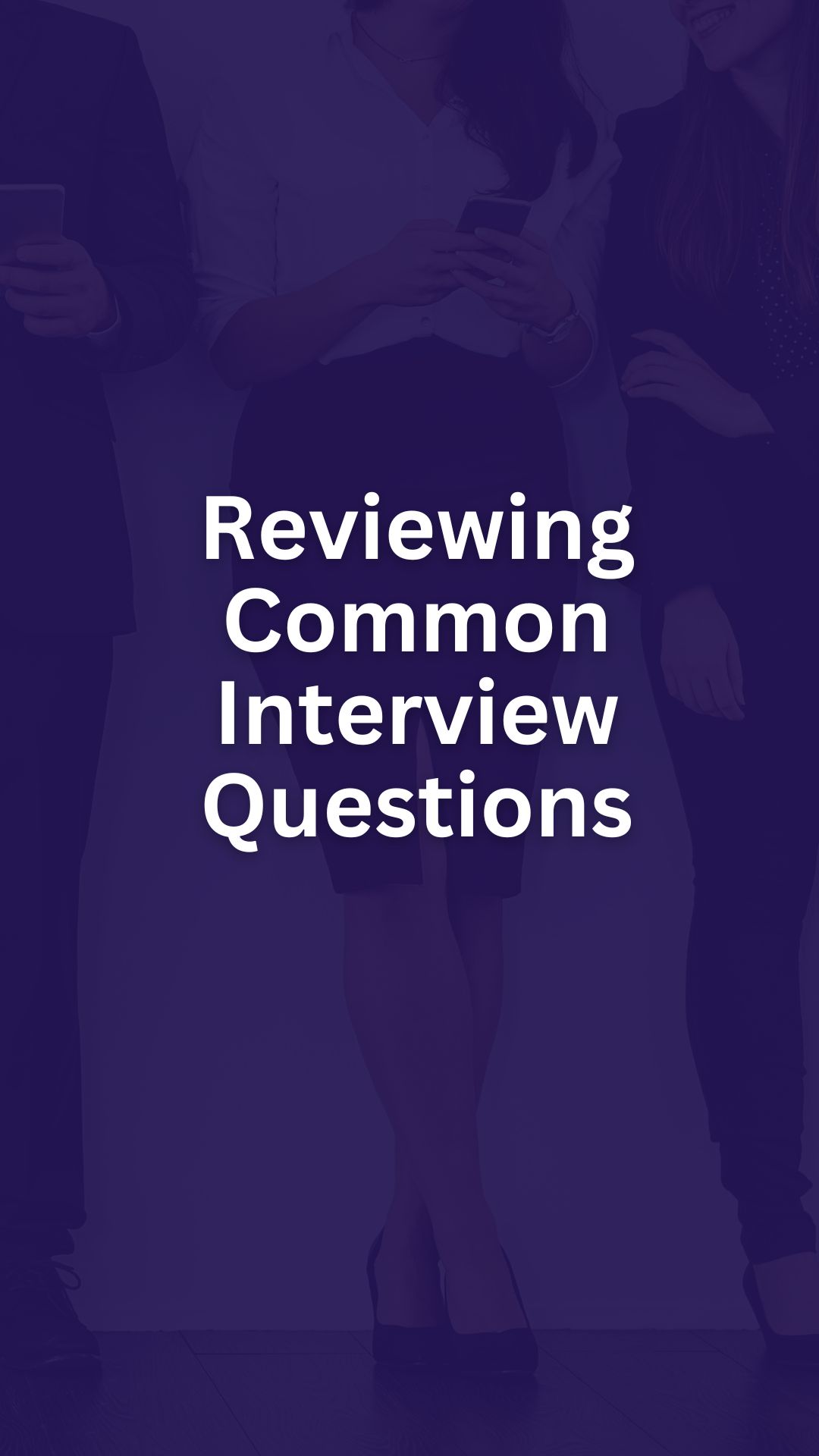
Reviewing Common Interview Questions
Before your phone interview, it’s smart to get familiar with common questions you might be asked. This helps you prepare better answers. Here are some questions you might hear:
Tell Me About Yourself
Start with a brief background. Mention your education, work experience, and why you’re excited about this job. Keep it short and relevant.
Why Do You Want This Job?
Think about what attracted you to this position.
Focus on how your skills fit the role and how you can contribute to the company.
What Are Your Strengths?
Pick a few strengths that match the job requirements.
Be honest and give examples to show off these strengths.
What Are Your Weaknesses?
Everyone has weaknesses. Choose something that shows self-awareness and explain how you’re working to improve it.
Describe a Challenge You Overcame
Talk about a specific problem you faced and the steps you took to solve it. Highlight what you learned from the experience.
Why Should We Hire You?
Here’s your chance to stand out.
Focus on your unique skills and experiences that make you the best fit for the job.
What Are Your Career Goals?
Share your short-term and long-term goals. Make sure they align with the job and show your ambition.
Do You Have Any Questions for Us?
Always have a few questions ready.
This shows you’re interested in the company and the role. You can ask about the team, company culture, or future projects.
Quick Tips:
- Practice your answers.
- Use bullet points to organize thoughts.
- Stay calm and be yourself.

Crafting Your Elevator Pitch
An elevator pitch is a short summary of who you are and what you offer. It’s called an “elevator pitch” because it should be brief enough to share in the time of an elevator ride.
Why It’s Important
Your elevator pitch helps make a good first impression. It shows your value quickly, which is crucial on a phone interview.
Key Elements to Include
- Introduction: Start with your name and a brief introduction.
- Background: Share your current role or most recent experience.
- Skills and Achievements: Highlight key skills and notable achievements.
- Goals: State what you’re looking for in your next role.
Example Pitch
Introduction: “Hi, my name is Sam.”
Background: “I’ve been working as a marketing specialist for three years at XYZ Company.”
Skills and Achievements: “I specialize in social media marketing and have increased our social media traffic by 50% in the past year.”
Goals: “I am eager to bring my skills to a larger team and take on new challenges.”
Practice Makes Perfect
Practicing your pitch can help you sound more natural.
You don’t want to memorize it word-for-word but be familiar enough to talk smoothly.
Keep It Short
Your pitch should be 30-60 seconds. This is long enough to give a snapshot of your experience without overwhelming the listener.
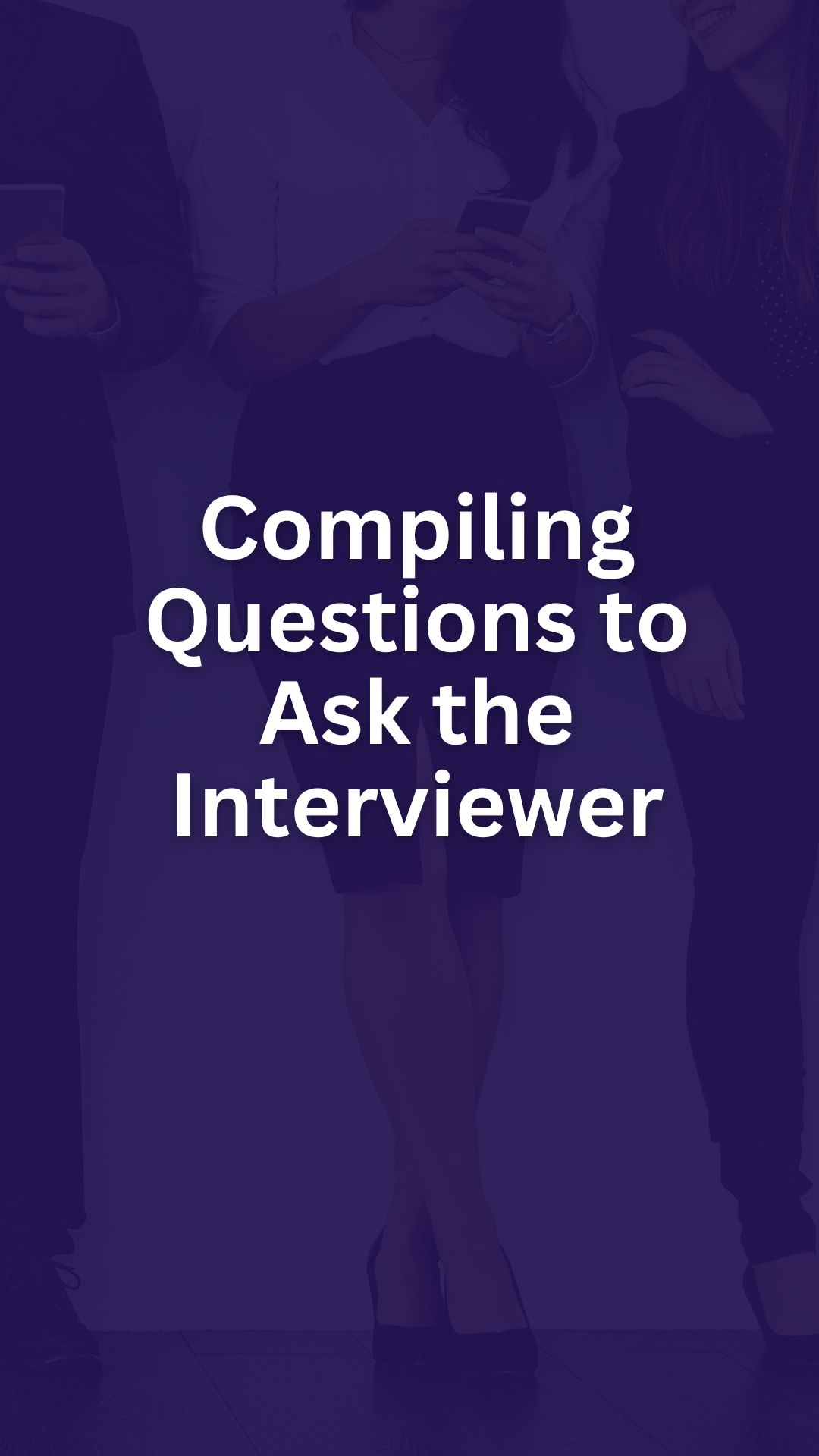
Compiling Questions to Ask the Interviewer
Asking questions in a phone interview shows you are interested and prepared.
Why It’s Important: You get a chance to learn more about the job and the company. You also show your enthusiasm and thoughtfulness.
What to Ask: Think about what you really want to know about the job. Here are some ideas:
- Job Responsibilities: What will you be doing day-to-day?
- Team Structure: Who will you be working with?
- Company Culture: What is it like to work there?
Possible Questions:
- Can you describe a typical day in this role?
- Who will I be working with, and how big is the team?
- What is the company’s biggest challenge right now?
Tips for Your Questions:
- Be Specific: Tailor your questions to the job you are applying for.
- Show That You’ve Done Your Homework: Mention something specific about the company.
- Keep It Positive: Avoid negative or overly critical questions.
Sample Questions: Use these questions to guide your own:
| Topic | Sample Question |
|---|---|
| Job Responsibilities | What are the main goals for someone in this role? |
| Team Structure | How does this team and role contribute to the company’s success? |
| Career Growth | Are there opportunities for advancement in this role? |
| Company Culture | Can you tell me more about the company culture? |
Practicing Active Listening Skills
During a phone interview, listening is just as important as talking. Here are some ways you can practice active listening:
- Stay Focused: Find a quiet space. Make sure there are no distractions.
- Take Notes: Keep a notebook handy. Jot down key points.
- Show Engagement: Use verbal nods like “I see” or “That makes sense.”
- Ask Clarifying Questions: If you don’t understand something, ask the interviewer to explain it. This shows you’re listening and interested.
Listening Practice Tips
| Tips | Description |
|---|---|
| Repeat Key Info | Paraphrase what the interviewer says. Helps ensure clarity. |
| Silent Moments | Don’t rush to fill every pause. Give the interviewer time to speak. |
| Body Language | Even on the phone, sit up straight. It helps you stay alert. |
Practicing active listening will help you respond better. It shows you respect the interviewer’s time. Active listening also helps you remember details, which can be beneficial in follow-up conversations.

Perfecting Your Voice and Tone
When preparing for a phone interview, how you sound is critical. Your voice can project confidence and enthusiasm.
Practice Speaking Clearly
Step 1: Record yourself.
- Listen to your clarity. Do you mumble?
- Aim for clear, concise pronunciation.
Step 2: Speak slowly.
- Control your speed to ensure every word is understood.
- Practice with a friend or in front of a mirror.
Use a Positive Tone
Smile when you talk. It changes your tone. Smiling can make you sound friendlier and more enthusiastic.
Tip: Imagine you are speaking to someone you like. Your voice naturally becomes warmer and more inviting.
Vary Your Pitch
Avoid a monotone voice. Varying your pitch keeps the listener engaged.
Technique:
- Practice reading aloud.
- Highlight words in a sentence that you can emphasize.
Manage Nervousness
Being nervous can affect your voice. Try the following:
Breathe deeply:
- Deep breaths calm your nerves and steady your voice.
Practice mock interviews:
- The more you practice, the more confident and relaxed you become.
Avoid Fillers
Words like “um,” “uh,” and “like” can distract the listener. Practice pausing instead of using fillers.
Tip: Be comfortable with silence as you gather your thoughts.
Stay Hydrated
Drink water before the call. This helps prevent a dry throat and keeps your voice clear.

Managing Anxiety and Staying Calm
Feeling nervous about a phone interview is normal. Here’s how you can manage those jitters and stay calm.
First, prepare well. Familiarize yourself with the job description, and practice common interview questions. This builds confidence and reduces anxiety.
Create a calming environment. Find a quiet spot, free from distractions. Turn off notifications on your phone and computer.
Breathe deeply. Inhale slowly through your nose, hold for a few seconds, then exhale through your mouth. Repeat a few times until you feel calm.
Use positive self-talk. Remind yourself that you’ve prepared and you can do this. Positive thoughts can replace anxiety with confidence.
Practice mindfulness. Focus on the present moment. Listen to calming music or do a quick meditation before the call.
Keep a glass of water nearby. A sip of water can be soothing if you start feeling anxious.
Smile, even though the interviewer can’t see you. Smiling can make you sound more relaxed and positive.
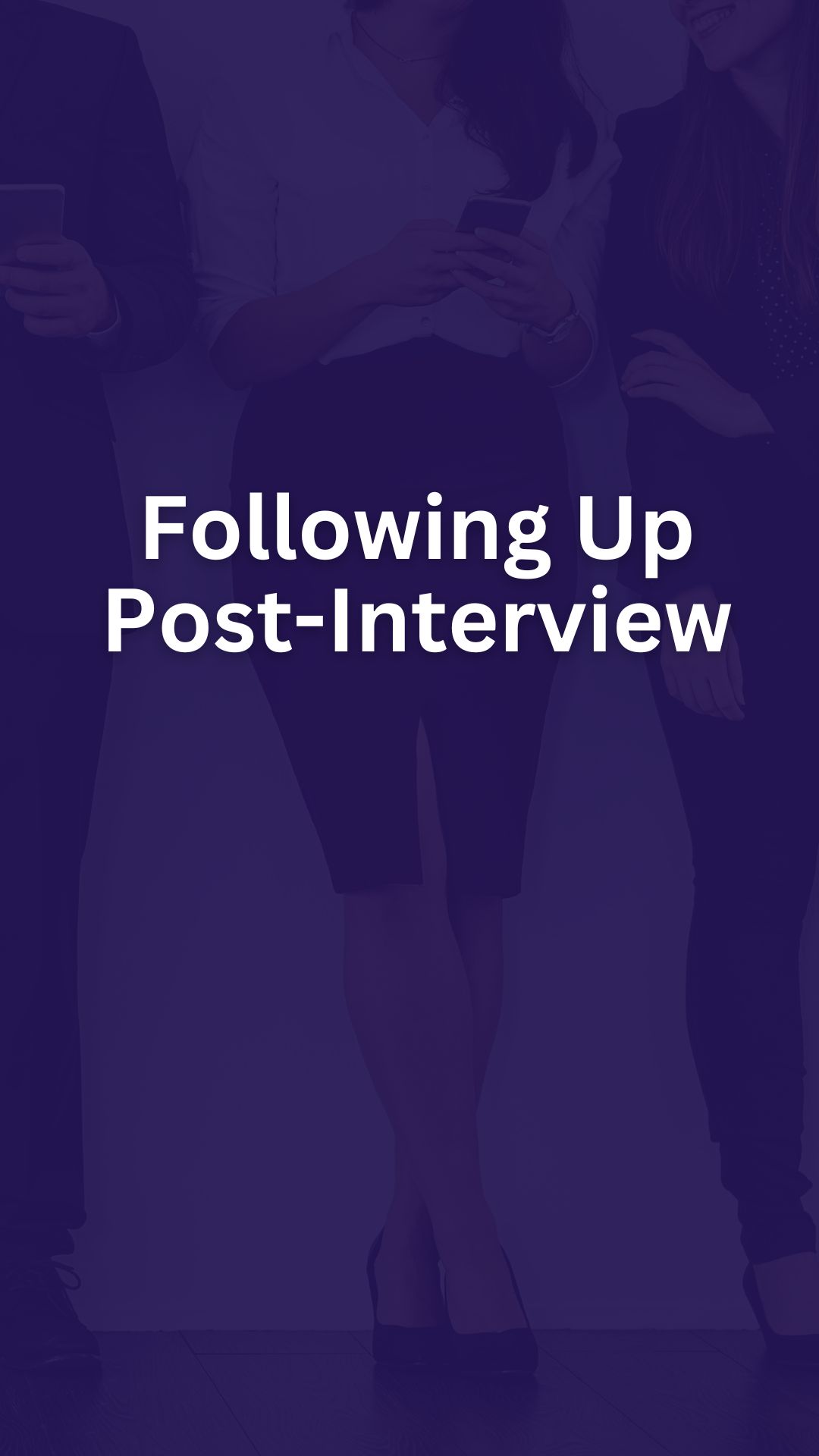
Following Up Post-Interview
Once your phone interview is over, the next step is critical.
First, send a thank-you email. This should be done within 24 hours. Make it personal. Mention something specific from your conversation.
Example format:
| Sender | Subject | Message |
|---|---|---|
| You | Thank you for the interview | Thank you, [Interviewer’s Name]! I enjoyed discussing the role and learning about [Company Name]. I’m excited about this opportunity. Thanks again! |
Be brief and professional.
Next, connect on LinkedIn if you haven’t already. A simple connection request shows you are interested and engaged.
Always double-check your grammar and spelling before hitting send.
If you don’t get a response in a week, it’s okay to send a polite follow-up email. Keep it short and respectful.
Follow this structure:
- Thank them again for their time.
- Express continued interest in the position.
- Ask if there are any updates on the hiring process.

Leveraging Feedback for Future Success
Feedback is like a treasure chest of opportunities for growth. After your phone interview, always seek feedback. Ask the interviewer for areas where you can improve.
When you receive feedback, take notes. Write down what was said and focus on key points. This will help you remember and work on these areas.
- Strengths: What did you do well?
- Weaknesses: Where can you improve?
- Actionable Tips: What specific actions can you take?
Use this feedback to practice. Set up mock interviews with friends or mentors. Role-play different scenarios and work on the points mentioned. This repeated practice builds confidence.
Create a feedback journal. Note each piece of feedback you receive, and track your progress.
| Date | Feedback from | Strengths | Areas to Improve | Actions Taken |
|---|---|---|---|---|
| 05/29/2024 | Phone Interviewer | Clear communication | Technical knowledge | Studied more on subjects |
Regularly review your feedback journal. Celebrate your improvements and plan for further enhancement. This habit creates a clear picture of your growth journey.
Finally, be grateful and positive about feedback. It shows the interviewer cares about your development. Embrace it as a learning tool. You’re improving every day!

Frequently Asked Questions
Get ready for your phone interview with these common questions and tips. Learn how to impress, what to discuss, and the best ways to communicate your strengths.
What steps can I take to make an excellent impression during a phone interview?
Be punctual and call in or answer at the designated time.
Use a polite and enthusiastic tone.
Make sure you have done your research on the company and role.
What are some common topics I should be prepared to discuss in a phone interview?
Your previous experience and how it relates to the job.
Your skills and how you have used them in past roles.
Why you want to work for this company specifically.
How can I ensure my phone interview environment is conducive to a productive conversation?
Find a quiet place free from distractions.
Have your resume and notes in front of you.
Make sure your phone is fully charged or plugged in.
What are some effective strategies for communicating my qualifications over the phone?
Speak clearly and at a moderate pace.
Use specific examples to illustrate your qualifications.
Take notes during the conversation so you can remember key points.
How should I conclude a phone interview to leave a lasting, positive impact?
Express your enthusiasm for the position.
Thank the interviewer for their time.
Ask about the next steps in the hiring process.
How can I best manage my time during a brief phone interview to cover all key points?
Prioritize the most important topics you want to discuss.
Keep your answers concise but informative.
Pay attention to the interviewer’s cues to stay on track.

